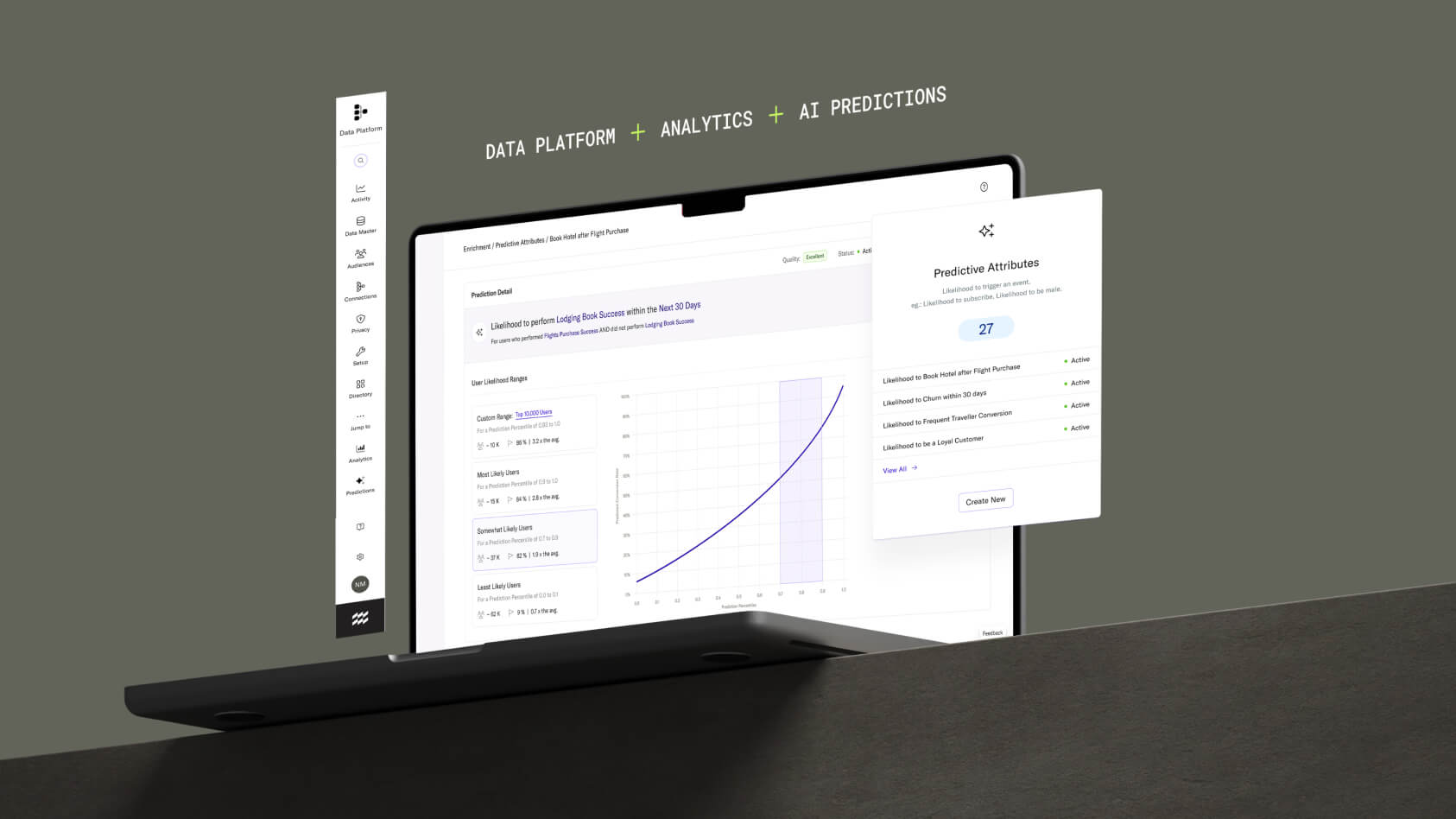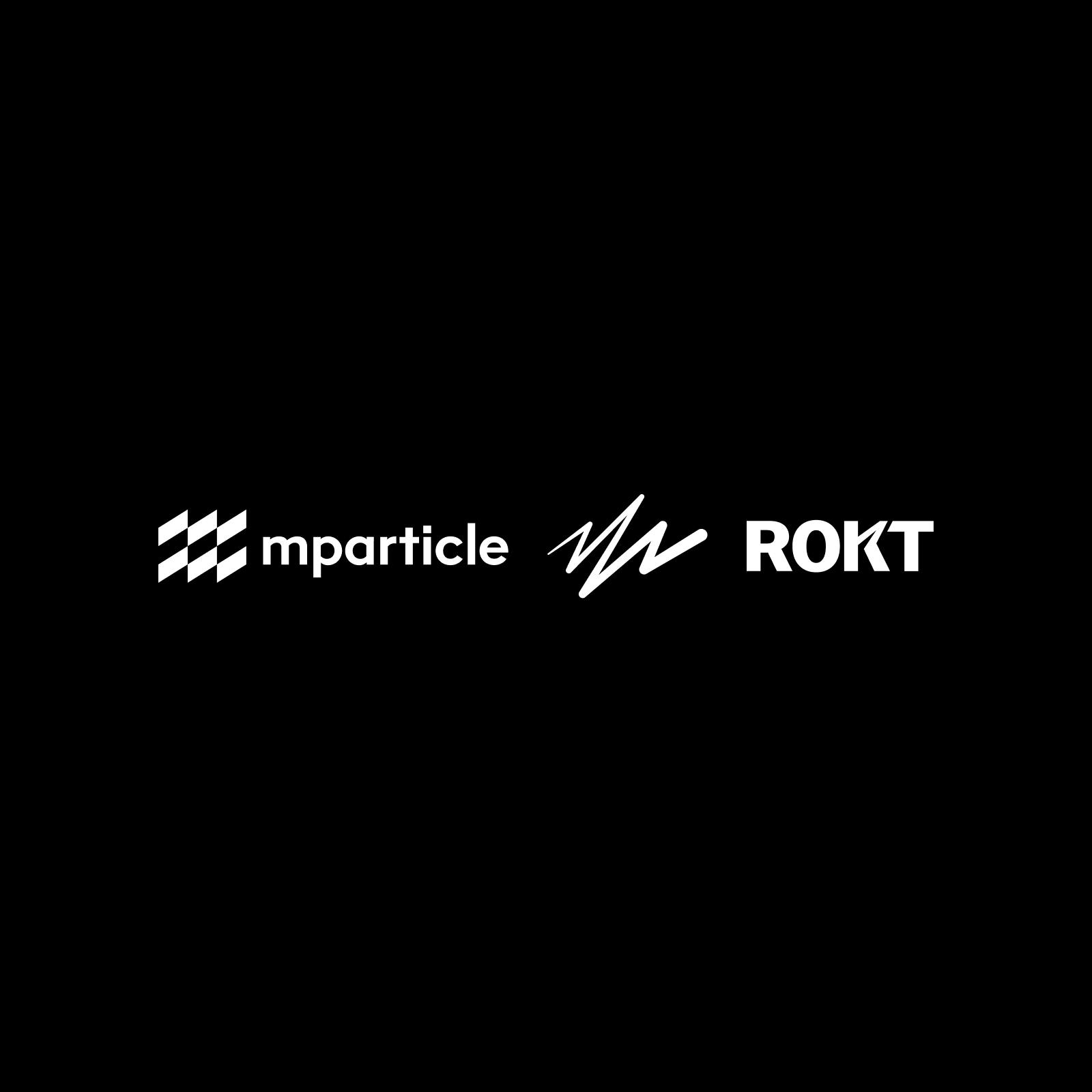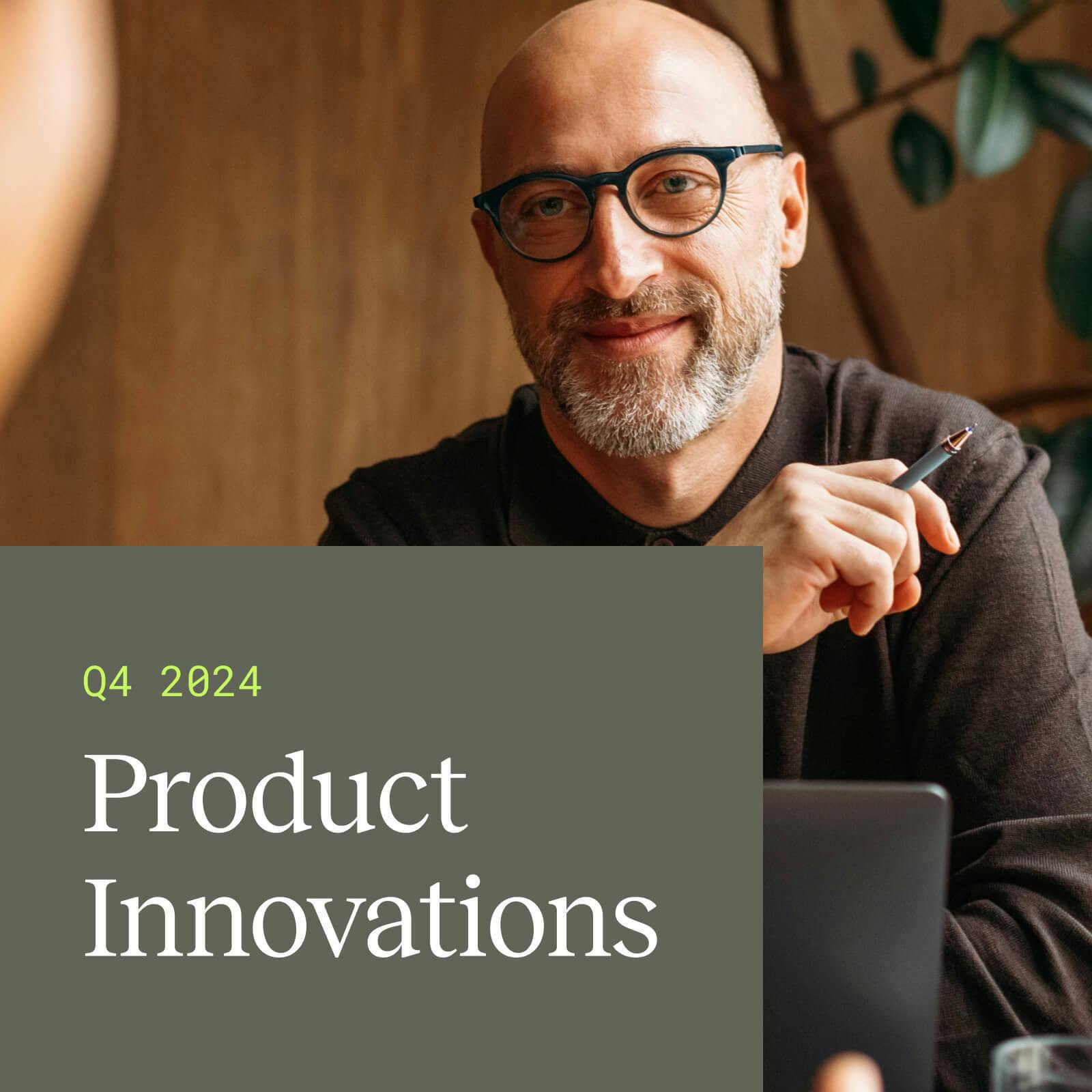Welcome to the new mParticle
One platform, one goal: Turn customer data into customer joy

We’re excited to announce the unification and integration of Indicative (now Analytics) and Vidora's proprietary Cortex AI Engine into the mParticle platform. We are also thrilled to unveil a fresh, new brand identity and visual interface that revolutionizes how customers interact with the mParticle platform.
The next evolution of the CDP is here
At mParticle, we've always focused on transforming customer data into customer joy. But with our latest evolution, we're elevating this mission even further by enhancing our intelligence layer.
This evolution of our platform is built on our strong foundation of data quality and governance, aiming to:
- Drive operational efficiency and influence business outcomes
- Move beyond simple integration to offer an intelligent customer 360°
- Enrich customer profiles with insights and predictive analytics
- Integrate personalization and machine learning into existing workflows
We are not just improving operational efficiency; we're removing guesswork from marketing and simplifying decision-making. Our platform ensures truth, provides meaning, and unlocks action from your customer data, allowing brands to seamlessly transition from questions to answers to actions.
Specifically, mParticle is focused on impacting business outcomes for multi-channel consumer brands through the following:
- Customer journey analytics
- Machine learning (ML) for predictions and enrichment
- Automated decisioning
So, let’s dive into the changes we’ve made to lead the next generation of CDPs.
What’s new with mParticle today
Our journey to mParticle 2.0 involved making investments in our platform, specifically with the acquisition of Indicative and Vidora. Today, these two platforms have been transformed and incorporated into the broader mParticle platform holistically in order to deliver a much more seamless experience for our customers. Unifying our platforms brings data quality, insights, and actions under one umbrella. This integration makes it easier for users to find and utilize the tools they need.

Major updates to mParticle include:
- We now have a unified platform: Everything is now under one roof, making it simpler to access and use the tools you need. Indicative is now called mParticle Analytics and Vidora's proprietary AI/ML engine, Cortex, is now fully integrated into the mParticle platform.
- We’ve revamped the user interface (UI): A shiny new look and feel for the mParticle product better reflects our updated, unified, and modern platform. We are committed to pushing mParticle beyond its origins as a customer data platform, and this new UI is the first step of the journey to level up our customers' experience by streamlining existing workflows and adding new navigation features, unlocking mParticle’s full potential.
- We transformed our visual brand: Our new brand look represents the advancements we’ve made as a company and a platform. We’ve put customers at the heart of our brand, bringing more human elements into our visual design.
Over the next several weeks, we’ll share more about these improvements to our platform, so stay tuned. Existing customers can also learn more about our platform improvements and how to activate the new mParticle experience here.
Evolving with the changing CDP landscape
Our deep investments in the mParticle platform over the last several years are a direct response to the evolution of the CDP landscape. The future belongs to intelligent, extensible, and business-oriented CDPs.
The CDPs of the past are no longer enough
The swift adoption of mobile and cloud technologies brought accelerated development of customer data and marketing tech applications. However, this fragmentation introduced complexities that hindered the ability to achieve one-to-one personalization at scale. Things got complicated quickly. High customer acquisition costs and pressured retention rates highlighted the necessity for a solution—leading to the birth of the first generation of CDPs.
The first generation of CDPs aimed to:
- Integrate disparate data sources
- Create a unified customer view
- Simplify outbound marketing integrations
However, as the marketing tech landscape evolved, the need for more sophisticated data management became apparent. Consumer privacy regulations, policy changes, and the critical role of first-party data pushed brands to build robust data foundations essential for digital success. That brings us to where we are now.
The future belongs to the next generation of CDPs
Today, it seems as though more and more marketing tech vendors offer some form of CDP capability, but the industry is undergoing another transformation.
The changes we’re seeing now are:
- Increased privacy regulations across regions
- Signal loss from the depreciation of third-party cookies
- Data volume growth overwhelming traditional toolsets and capabilities
- Data quality and governance challenges with increased complexity
Perhaps one of the most recent changes is the rise of artificial intelligence (AI), which is radically altering marketing technology and customer data applications. From generative AI (GenAI) to analytical and operational AI, these advancements are automating marketing workloads and complex analyses, bridging the gap between insights and actions.
Welcome to the new era of the CDP
With this new evolution, multi-channel consumer brands can now take advantage of hassle-free data and enhanced intelligence with ease with the new mParticle. Join us as we equip the world’s best brands with the tools they need to transform customer data into customer joy.


